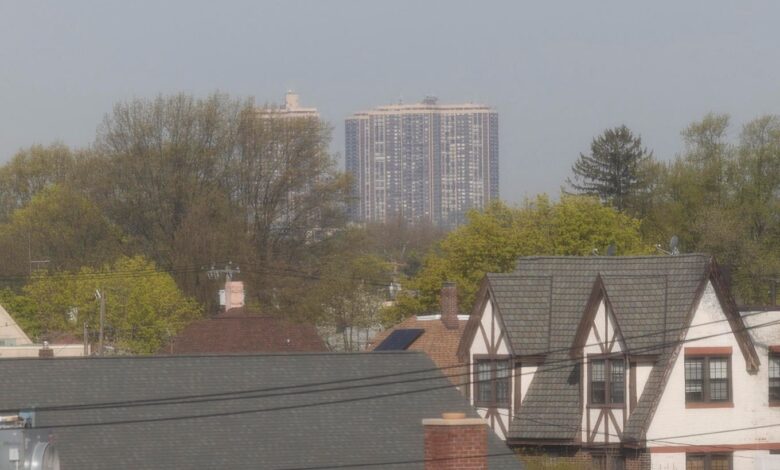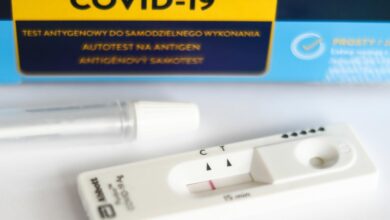As President Trump Marks 100 Days In Office, Almost Half Of Americans Are Exposed To Harmful Air Pollution

State of the Air 2025: American Lung Association Report Reveals Troubling Findings
Last week, the American Lung Association released its annual “State of the Air” report, shedding light on the concerning state of air quality in cities across the United States.
The report highlights that 46% of Americans are now exposed to harmful air pollution, the highest percentage recorded in the past decade. The analysis, based on data from government monitoring sites, assigns failing grades for ozone smog to counties housing approximately 125 million people, and for daily particle pollution to counties with a total of 77 million residents.
These statistics underscore the challenges the country faces in combating noxious air quality, despite efforts initiated with the passage of the Clean Air Act in 1963. President Lyndon B. Johnson, in his statement upon signing the act, emphasized the importance of addressing air pollution as a serious threat to health and safety.
More than sixty years later, concerns about the health impacts of poor air quality persist. The American Lung Association’s report points to the deleterious effects of the climate crisis, noting that while emission cuts have been achieved, increases in high ozone days and spikes in particle pollution due to extreme weather events are putting millions of people at risk.
The climate crisis exacerbates air quality issues, as evidenced by the longer fire seasons linked to wildfires. After the 2025 Los Angeles wildfires, questions arose about air quality, appropriate protective measures, and the safety of residents. Public health experts warned about the dangers of smoke-associated particulate matter, particularly for vulnerable groups like children and the elderly.
Unfortunately, the current trajectory of U.S. climate and energy policy raises concerns about addressing these air quality challenges. Recent policy decisions, including reduced investments in clean energy initiatives and exemptions for polluters from anti-pollution regulations, signal a troubling outlook for public health.
As the nation grapples with worsening air quality and the impacts of the climate crisis, a return to the principles of the Clean Air Act becomes imperative. Meaningful investments in pollution control are essential to safeguarding the health and well-being of all Americans.





